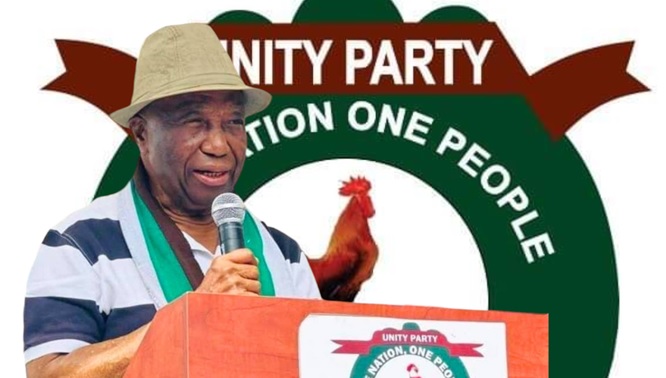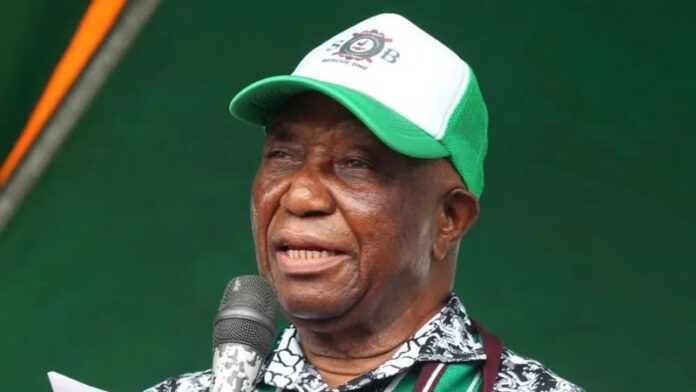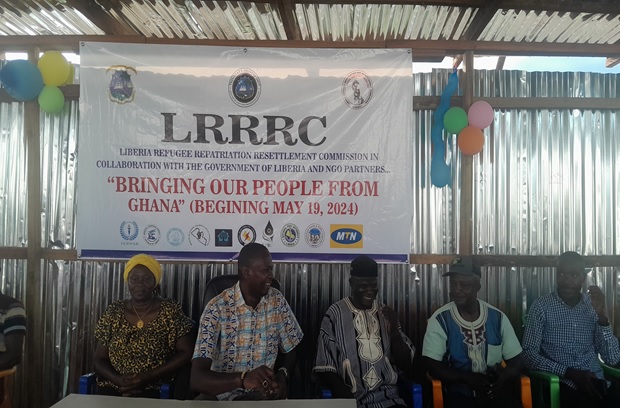Liberia is a country politically divided and entangled in hatred and deceit. This division is starkly evident in how ruling establishment politicians, members, and sympathizers react to calls for transparency and accountability regarding their political leaders. Their responses often border on the combative and, at times, veer into the realm of insults. This defensive posture is especially noticeable in the current Unity Party (UP) government under President Joseph Nyuma Boakai, particularly concerning the procurement of 285 earth-moving machines.
The announcement of these machines, intended for developmental purposes, has sparked a heated debate. Critics and concerned citizens have rightly questioned the source of the funds used for this procurement. However, rather than providing clear and transparent answers, the responses from UP loyalists have been dismissive and hostile. They appear uninterested in the critical issue of procurement transparency, preferring instead to engage in praise-singing and deflecting legitimate concerns.
This combative reaction raises serious concerns about the state of political discourse in Liberia. When the Unity Party was in opposition, they were vocal critics of the previous government led by the Coalition for Democratic Change (CDC) and former President George Manneh Weah. They accused the CDC of engaging in practices that compromised the country’s future development and called for stringent measures to ensure accountability. Today, however, the UP’s stance seems to have shifted dramatically now that they are in power.
The refusal to address questions about the procurement process of these earth-moving machines suggests a troubling double standard. Transparency and accountability should be non-negotiable principles for any government, regardless of which party is in power. The current administration’s reluctance to disclose the details of this significant expenditure undermines public trust and perpetuates a culture of opacity and impunity.
This situation is a poignant reminder of the inconsistency that plagues Liberian politics. When in opposition, parties like the Unity Party champion transparency and accountability, criticizing the ruling establishment for its failures. Yet, once they assume power, these same parties often exhibit the same behaviors they once condemned. This cycle of hypocrisy erodes the credibility of political institutions and diminishes the quality of governance.
The procurement of the 285 earth-moving machines should be a milestone for Liberia’s development, especially in infrastructure and agriculture. However, the lack of transparency surrounding this acquisition casts a shadow over its potential benefits. The government must provide detailed information about the source of the funds, the procurement process, and the terms of any loans or grants involved. Only through such transparency can the public be assured that this significant investment is in the country’s best interest.
Moreover, the aggressive dismissal of calls for accountability by UP supporters is counterproductive. It fosters an environment where critical discourse is stifled, and legitimate concerns are brushed aside. This attitude not only undermines democratic principles but also hinders the government’s ability to effectively address issues and implement policies that genuinely benefit the populace.
The Unity Party’s defensive stance is particularly ironic given its history of criticizing the previous CDC-led government for similar practices. This irony is not lost on the public, who see through the veneer of political rhetoric to the underlying inconsistency. The expectation of transparency and accountability should not change based on one’s political alignment. It is a fundamental requirement for good governance.
Furthermore, this situation highlights the broader issue of political loyalty superseding national interest. When party loyalty trumps the need for accountability, the country’s development is compromised. Politicians and their supporters must prioritize Liberia’s long-term welfare over short-term political gains. This shift in focus is crucial for breaking the cycle of corruption and fostering a culture of integrity in governance.
The Unity Party’s current predicament is a stark illustration of the challenges facing Liberia’s political landscape. For the country to progress, there must be a collective commitment to upholding the principles of transparency and accountability. This commitment requires courage and integrity from both politicians and their supporters.
Liberia’s future hinges on its ability to transcend the divisive and deceitful politics of the past. The government must lead by example, demonstrating that it is possible to govern with transparency and accountability. This approach will not only restore public trust but also lay the foundation for sustainable development.
The procurement of the 285 earth-moving machines should be a moment of progress for Liberia. However, without transparency and accountability, it risks becoming yet another example of missed opportunities and squandered resources. The Unity Party must rise to the occasion, embracing the principles they once championed in opposition, and prove that they can govern with integrity. This is the only way to break the cycle of hypocrisy and build a better future for Liberia.







